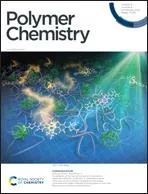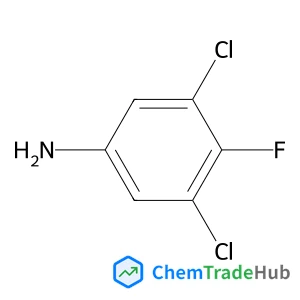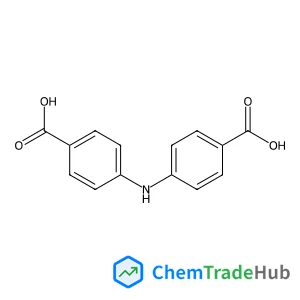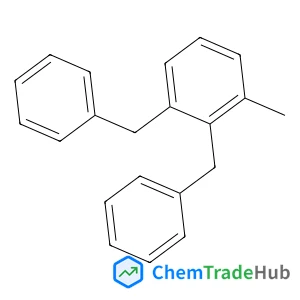One-pot multifunctional polyesters by continuous flow organocatalysed ring-opening polymerisation for targeted and tunable materials design
文献信息
Targeted and tunable access to biodegradable polymers will be vital for their continued adoption and use in modern materials applications. Herein we report a platform for the synthesis of well-defined, curable biodegradable polymer precursors, prepared in a controlled manner via continuous flow ring-opening polymerisation/post-modification reactions of ε-caprolactone and L-lactide. Polymer architectures are characterised by 1H NMR spectroscopy, ESI mass spectrometry, and size exclusion chromatography, and their potential application in materials synthesis is subsequently highlighted by employing them as precursors to prepare networks and polymerised high internal phase emulsions (polyHIPEs) via an emulsion templating strategy using photo-initiated thiol–ene click reaction.
相关文献
IF 6.367
Increasing efficiency of perovskite solar cells using low concentrating photovoltaic systemsIF 6.367
An elemental S/P photocatalyst for hydrogen evolution from water under visible to near-infrared light irradiationIF 6.222
Permselective ion electrosorption of subnanometer pores at high molar strength enables capacitive deionization of saline waterIF 6.367
Stabilizing synthetic DNA for long-term data storage with earth alkaline saltsIF 6.222
Catalytic depolymerization of Kraft lignin to produce liquid fuels via Ni–Sn metal oxide catalystsIF 6.367
Carbon-based photocatalysts for enhanced photocatalytic reduction of CO2 to solar fuelsIF 6.367
Selective production of monocyclic aromatic hydrocarbons from ex situ catalytic fast pyrolysis of pine over the HZSM-5 catalyst with calcium formate as a hydrogen sourceIF 6.367
Facile room-temperature growth of nanostructured CuBi2O4 for selective electrochemical reforming and photoelectrochemical hydrogen evolution reactionsIF 6.367
Heterogeneous toroidal spiral particles for islet encapsulationIF 6.843
来源期刊
Polymer Chemistry

Polymer Chemistry welcomes submissions in all areas of polymer science that have a strong focus on macromolecular chemistry. Manuscripts may cover a broad range of fields, yet no direct application focus is required.
推荐供应商
 Infrareal控股有限公司
Infrareal控股有限公司 上海赫诗特化工有限公司(赫特国
上海赫诗特化工有限公司(赫特国 巴特科斯特里茨化学品
巴特科斯特里茨化学品 细川美光有限公司
细川美光有限公司 热系统有限公司KG
热系统有限公司KG 湖南纳昇电子科技有限公司
湖南纳昇电子科技有限公司 BÜsch Technology GmbH & Co. KG
BÜsch Technology GmbH & Co. KG 青岛赛诺新材料有限公司
青岛赛诺新材料有限公司 Teclis SAS
Teclis SAS 杭州艾贝有限公司
杭州艾贝有限公司














![72050-71-6 - 2-基]-2,3-二羟箕-10,13-二甲箕-1,2,3,4,5,7,8,9,11,12,14,15,16,17-十四箐环戊烯并[a]菲-6 72050-71-6 - 2-基]-2,3-二羟箕-10,13-二甲箕-1,2,3,4,5,7,8,9,11,12,14,15,16,17-十四箐环戊烯并[a]菲-6](/structs/720/72050-71-6-6651.webp)